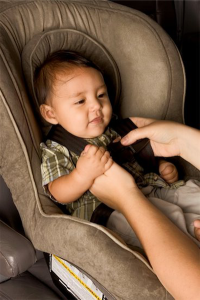Seeking Spousal Support? Here is What You’ll Need
 When it comes to divorce, the question of spousal support may be one of the most contentious issues couples can face. Initially there can be two extreme reactions: the spouse who wants a clean break and asks for absolutely nothing from his or her former partner and the spouse who wants to take their ex for every last penny. The reality is that a fair spousal support agreement falls somewhere in the middle.
When it comes to divorce, the question of spousal support may be one of the most contentious issues couples can face. Initially there can be two extreme reactions: the spouse who wants a clean break and asks for absolutely nothing from his or her former partner and the spouse who wants to take their ex for every last penny. The reality is that a fair spousal support agreement falls somewhere in the middle.
In 2014, New Jersey lawmakers passed a bill that abolished “permanent alimony” and today the State recognizes four types of alimony or spousal support: temporary, limited duration, rehabilitative, and reimbursement. The goal of alimony or spousal support is to give both partners to the marriage the opportunity to adjust financially to their new, separate lifestyles. Often the role you held within your marriage helps to determine whether or not you are entitled to spousal support, the type and amount of spousal support you need, and how long you will need to receive that support in order to facilitate your adjustment.
In her article, “Making Your Case for Spousal Support,” Michelle M. Smith, a Certified Financial Planner and Certified Divorce Financial Analyst, offers tips on how to make your argument for spousal support and explains the documents needed to help substantiate your claim.
 New Jersey Family Law Blog
New Jersey Family Law Blog











